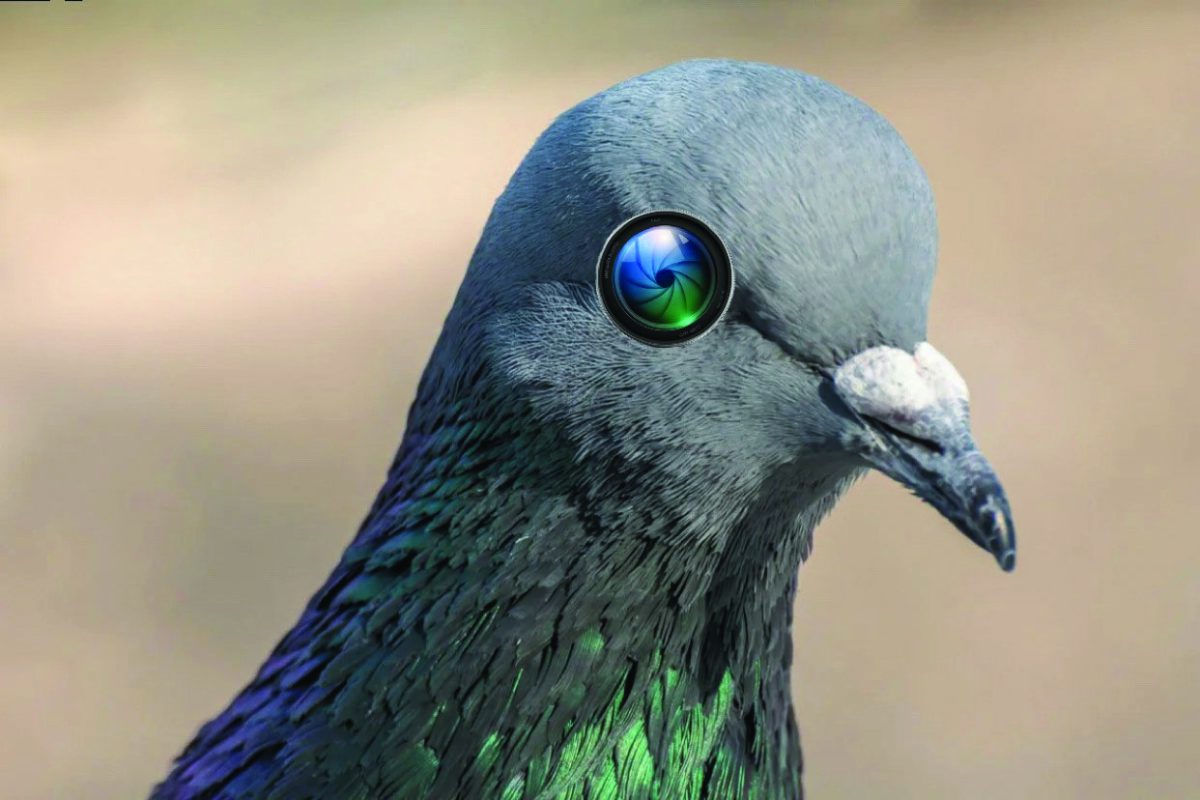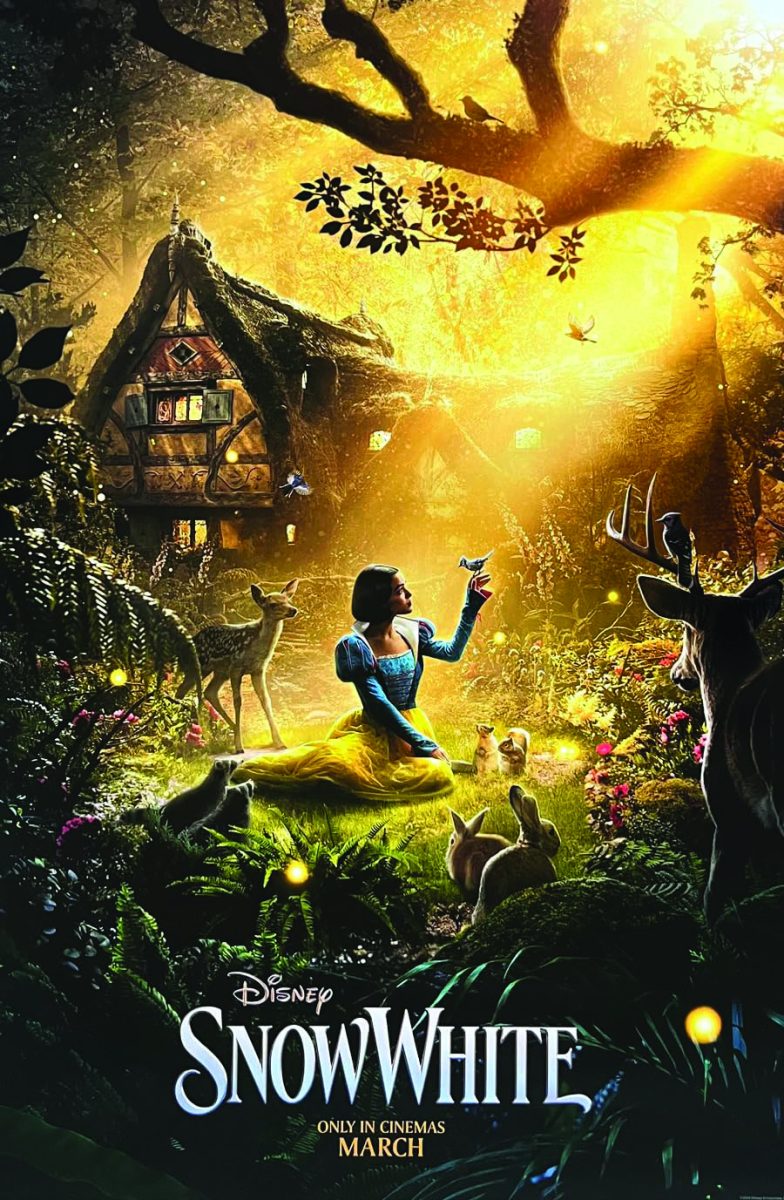What does it mean to act a certain ethnicity? “She’s not black enough… she’s white washed.” “How is he talking? He sounds like a white boy.” What exactly does it mean to act a certain skin color? How is that determined? Why is it that people within our own races convey racism towards others?
“Victor you’re such an Uncle Tom, must be because you are from Princeton.’ A phrase I heard far too often from the age of 12 to this very day at age 22. An ‘Uncle Tom’ is a phrase used within the African-American community to describe a black male being successful, well educated and goal oriented. Being raised in a suburban area and always being told to break the mold or stereotype placed upon me even before birth, wearing my pants on my waist, speaking proper English without slang and being educated – these things have always been held against me in my own culture and community,” says Victor, 22. “I’ve been told I am not ‘black enough;’ I’ve been told I am a ‘white boy’ because of the music I listen to and how I carry myself. As an African-American male, I hold myself to high standards. Being criticized and judged in a negative light because I am educated and do hold myself to that standard shows the ignorance and low standards held by the young generation and community of African Americans. It only allows them to be easily targeted in society and allows African Americans to fit into the typical stereotype that society has placed on them.”
It is situations exactly like those that Victor faces that hold certain minority races back, particularly African Americans. By referring to others as “Uncle Toms” and other terms meant to offend, people are allowing themselves to be held to the low standards with which they are associated. Being called an “Uncle Tom” because one is successful, holds a corporate job, values higher education, provides for one’s family, etc. implies that one is “selling out.” While most individuals would expect these qualities to be considered positive and even inspirational, instead they are instead given a derogatory connotation. The expectation to conform to stereotypes rather than trying to rise above them is what holds people back, as well as any hope for change.
“Starting from a very young age, I often was taunted for not acting ‘black enough’ or not acting ‘white enough.’ My father is black and my mother is white, but a lot of children simply couldn’t understand the difficulties of coming from a biracial couple. When I was younger, my black friends were constantly asking me why I didn’t act black like I was supposed to. I would explain to them that my mother was white and I was raised to speak and act properly, but they just wouldn’t understand. Then I would go to my white friends, and they would ask me why I didnt do my hair like the white girls did, or why I didn’t hang out a lot with the black kids because they couldn’t understand that I just wanted to do both,” Kourtney, age 22, says. “One of the worst memories I had with situations like this would be a day when I was out to eat with my mother at about age 14. I was sitting at the table with her and the black family behind us started talking about how it was a shame that I was so whitewashed and how stupid it was for me to be hanging out with this white lady because I wasn’t white. Although that isn’t the worst thing that someone has ever said to me, it’s something that has stuck with me over the years and something that really bothers me. I can’t believe someone would talk like that about a child and be blatantly racist towards someone of their own ethnicity.”
We live in a society that sees things as black and white, with no gray areas. In Kourtney’s situation, she represents the “gray area.” The obstacles she has faced are ones that many more people can relate to these days because of the growing demographic of interracial dating. In fact, according to recent research interracial couples have quadrupled since a census that took place in 1970. Research also shows that multiracial people make up for five percent of the population and has become the fastest growing demographic group in the United States.
Even with these changes, it is obvious that the issues still persist. At a young age, Kourtney learned that sometimes people may not accept her based on her appearance. Although many people can relate to racism, people like Kourtney relate to racism and the racial identity problems that stem from it. For people who are biracial, these identity problems generate the idea of the necessity to choose only one of heritage and reject the other in order to feel like they belong somewhere. It seems as though society has sometimes taken it upon itself to choose which race biracial people should identify with. These stereotypes and racial molds make it hard for biracial people to be themselves and act as they please without feeling judged. It is not the race of an individual that makes racism a problem, but rather the people carrying out the racist behavior.
While the presence of racism in America is no secret, what may not be so easily seen is the fact that certain people are mistreated by their own race for outright irrational reasons. As mentioned before, Victor and Kourtney both suffered criticism for behaving in ways that are perfectly rational. The only thing either of the two is guilty of striving for is self-improvement. Perhaps jealousy is the reason for the mistreatment within the ethnicities, but that’s purely speculation. It’s a shame that we as a whole have made so many accom




